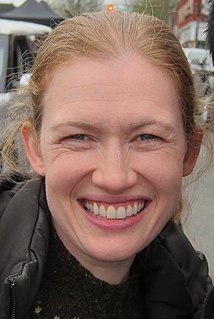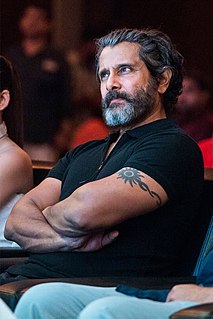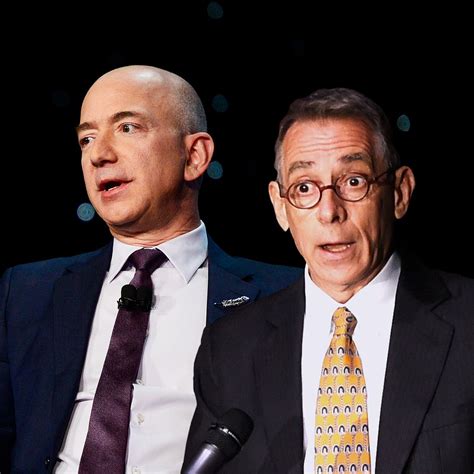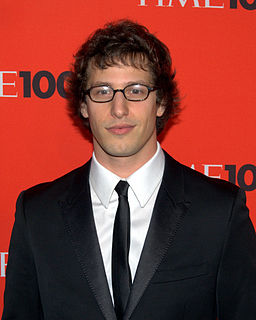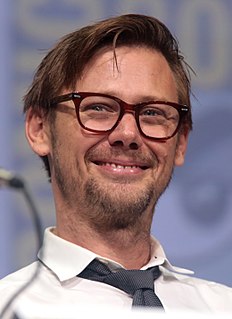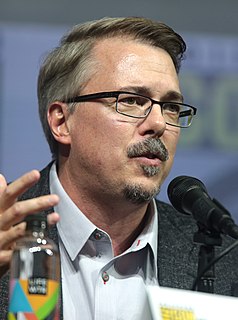A Quote by Mireille Enos
A lot of cop shows, because they have the restraints of having a new case every episode, the victims often become these kind of nameless, faceless plot points, and as an audience we don't feel anything for those people.
Related Quotes
I'd worked on leprosy and malaria in India [at the World Bank] and asked myself the question: Why do we let 2 million children die every year around the world for not having clean water? Because they're faceless and nameless. So, for me, Facebook looked like it was going to solve the problem of the invisible victim.
You can look at what's happened to America in the last years and say a lot of people were asleep. A lot of people were not staying awake and watching what was going on and facing the pain of that and dealing with it.I don't care if the rest of the audience doesn't think along those lines at all, because the audience is a huge spectrum of people, from people who are introspective to people who just want to be scared and have fun, and all the points in between.
There's a new reality born every minute. Unless one is a believer in predestination (in which case I'll call the prestidigitator), or other puppet-like restraints on our powers, one is free to imagine and effect changes on the world. And if enough people do it, there are big changes. These things happen. Anything can.
Even if I'm doing a show and there's five people in the audience and the sound system is terrible - I mean, it's been a while but I've certainly done those kind of shows where it's just every conceivable thing is against you - you still have music. It's still something that's real whether there's five people in the audience or a hundred thousand people in the audience. And that's always been there for me.
I'm aware of narrating certain experiences as they happen or obliterating those experiences with narrative and then those stories - not the experiences themselves - might become material for art. This kind of transformation shows up a lot in 10:04 because the book tracks the transposition of fact into fiction in the New Yorker stor
